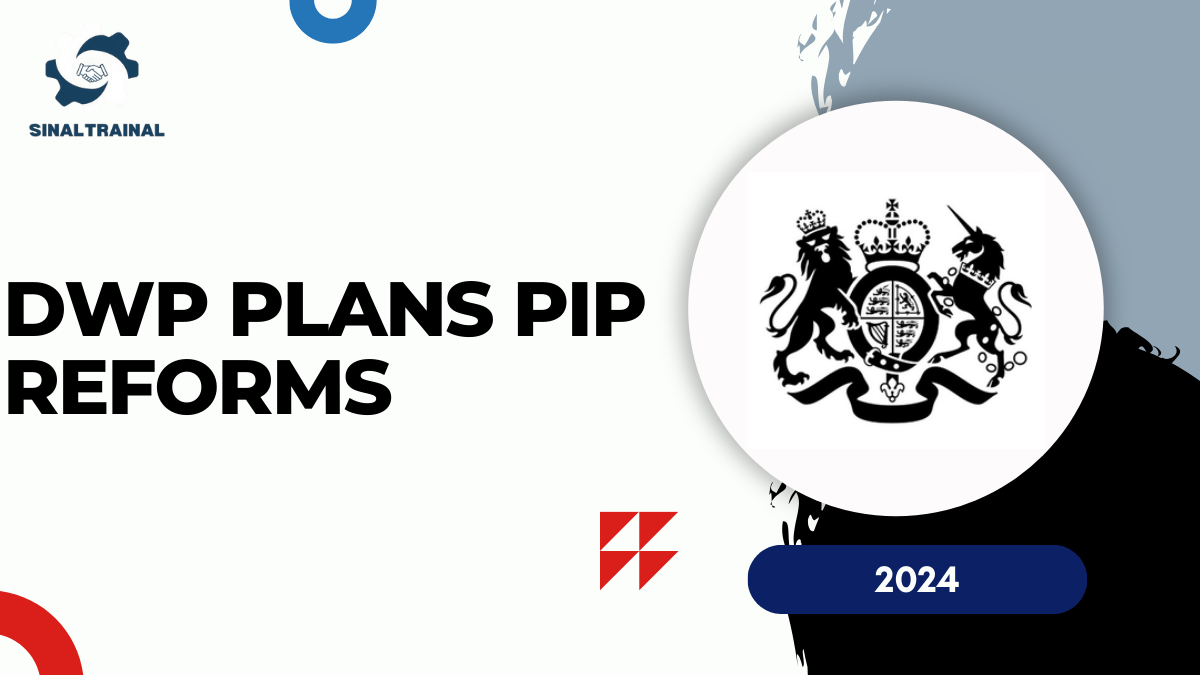The Personal Independence Payment (PIP) system in the UK is set for major reforms as the Department for Work and Pensions (DWP) aims to address the rising costs of this critical disability benefit. The DWP has revealed plans to halt most new PIP claims over the next two years as part of efforts to revamp the program.
DWP Plans PIP Reforms
The DWP is contemplating significant changes to the PIP system, including replacing cash payments with vouchers for essential equipment and treatments. This shift aims to reduce expenses associated with PIP by ensuring that funds are used specifically for necessary support. The consultation period for these proposed changes ended on July 22, 2024.
Current State of PIP in the United Kingdom
PIP is a non-means-tested financial support available to individuals regardless of their income or savings. It helps cover the additional costs associated with living with a disability. As of April 30, 2024, PIP awards are distributed based on the anticipated duration of support needed:
- Short-term Awards (up to two years): 79% of claims
- Longer-term Awards: 12%
- Ongoing Awards: 8%
The review periods vary from nine months to ten years, depending on each recipient’s needs and potential changes in their condition.
Labour Government’s Position
The Labour Party has expressed its commitment to enhancing support for disabled individuals and those with health conditions. Their manifesto outlines plans to help disabled people enter the workforce while ensuring that their benefits are not immediately reassessed if employment does not work out. This strategy is intended to give disabled people more confidence to explore work opportunities without the fear of losing their benefits.
Challenges and Considerations for Reform
The DWP faces several challenges in implementing the proposed changes, particularly in targeting new claims and reviews rather than reassessing every existing claim. Award categories under consideration include:
- Short-term Awards: Up to two years
- Fixed-term Awards: More than two years
- Ongoing Awards: With a ‘light-touch review’ after ten years
Only 14% of PIP recipients are employed, highlighting the importance of effective reform to address both financial support and employment opportunities. Additionally, over 3.5 million people in England, Wales, and Scotland receive PIP, with Scotland transitioning to a new system called Adult Disability Payment (ADP) to replace PIP.
Proposed Changes: Assessment and Payment System
The consultation sought public input on several key areas of reform:
- Assessment Process: Adjustments to make the assessment process more accurately reflect an individual’s physical and mental health conditions.
- Payment System: Moving from using cash for payments to using vouchers or reimbursing based on receipts for necessary services and equipment.
How PIP Works
PIP offers financial support to individuals with disabilities by assessing their conditions to determine the required level of extra assistance. PIP has two main components:
- Daily Living Component: This component covers daily activities such as eating, preparing food, washing, dressing, communicating, managing medications, and social interactions.
- Mobility Component: Supports individuals needing assistance moving around, following routes, or leaving their homes.
Each component is paid at either a standard or enhanced rate, ranging from £28.70 to £185.30 per week, depending on the assessed level of need.
Participating in the Consultation
The public had the opportunity to share their views on these proposed changes through two methods:
- Online Form: A 39-question survey here that did not require personal information.
- Email: Feedback could be sent directly to consultation.modernisingsupport@DWP.GOV.UK.
Future Outlook
With the consultation period now closed, the DWP will analyze the feedback and evaluate how to implement reforms that address the specific needs of disabled individuals while managing costs. The goal is to create a system that not only supports disabled people financially but also provides necessary resources for their well-being and development.
The transition in Scotland to the Adult Disability Payment (ADP) offers a potential model for reform in the rest of the UK. As the government considers changes, ensuring that the new system continues to provide adequate support amid rising costs remains a priority. The proposed reforms underscore the DWP’s efforts to strike a balance between managing expenses and enhancing the effectiveness of disability support programs across the nation.
Click here to know more.

Arvind, an exam specialist with a passion for education, writes comprehensive articles on exam results and admit cards. His expertise ensures students receive reliable information and useful tips to excel in their exams.
